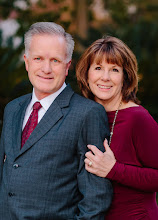Henry Willis "the Emigrant"
1675-1714
10th Great Uncle
Flight to America
Henry Willis, my 10th great granduncle, was born on September 14, 1628 in Wiltshire , England America Europe was a place of stifling religious intolerance and persecution.
Henry was a carpenter by trade, and in 1666, London St. Paul
Henry and his family moved to London
After being released from prison in about the year 1675, Henry and his family immigrated to America and found a temporary home in the town of Oyster Bay , on Long Island . A year or two thereafter he purchased from Captain John Seaman (my 10th great grandfather) a piece of land in the adjoining township of Hempstead England


No comments:
Post a Comment